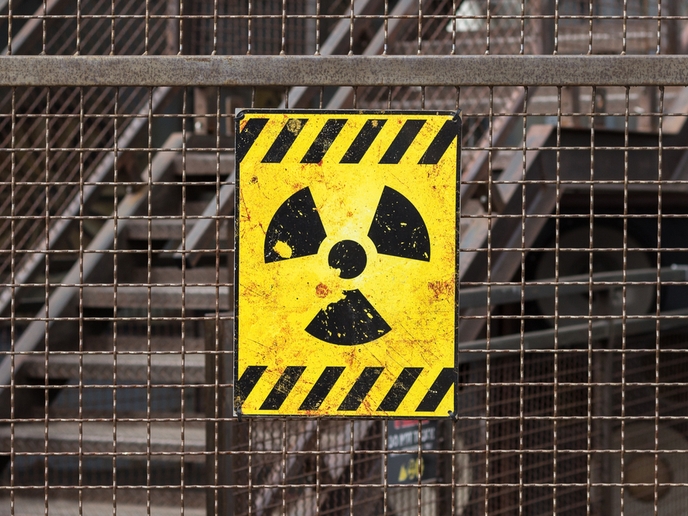Catching up with ALISA: A continued emphasis on international cooperation and innovative research for better nuclear safety
Without a doubt, fostering better cooperation and collaboration between Europe and China in her field seems to be an important professional drive for Gaus-Liu. “Since the end of ALISA, I’ve been continuing to extend established cooperation with Chinese organisations on a more bilateral basis with my organisation, the Karlsruhe Institute of Technology (KIT), as the know-how we’ve accumulated from both our past and current research work is of high interest to Chinese stakeholders,” she comments.
The challenges of Chinese cooperation
She has also submitted follow-up project proposals for EU funding that would also include the cooperation with various Chinese organisations. “However, alas, I’ve yet to be successful in this regard,” she admits. “Part of the reason is because there is no real tradition of cooperation amongst Chinese organisations, and also the Chinese government will usually promote a key research lab or institute for a large project. This makes it more of a challenge to organise several Chinese partners inside one project and consequently, it’s more difficult for an EU coordinator to balance the interests between the Chinese partners.” Admittedly from the EU side, there are also further administrative considerations to take into account when planning to include a Chinese partner in an EU-funded consortium, due to China and the EU’s very different legal regimes. However, Gaus-Liu and her team continue to participate in other EU-funded projects, such as IVMR and ESFR-SMART.
Continued scientific success
Meanwhile, on the scientific front, things are going well for Gaus-Liu. Following the end of the ALISA project, she and her team have successfully performed two test series of multi-layer melt pool heat transfer tests in a LIVE-2D test facility, related to the in-vessel melt retention Severe Accident Management strategy (for nuclear power plants). “This was the first of its kind worldwide that demonstrated the heat transfer process in a melt pool with self-separated layers, and crust formation between the layers,” she says. “Thanks to the transparent front wall of the test facility, this whole process can be directly optically observed and will be of important scientific relevance for further nuclear research in the field of safety.” “I’ve been continuing to extend established cooperation with Chinese organisations on a more bilateral basis with my organisation, the Karlsruhe Institute of Technology (KIT), as the know-how we’ve accumulated from both our past and current research work is of high interest to Chinese stakeholders.”
Keywords
ALISA, nuclear power

